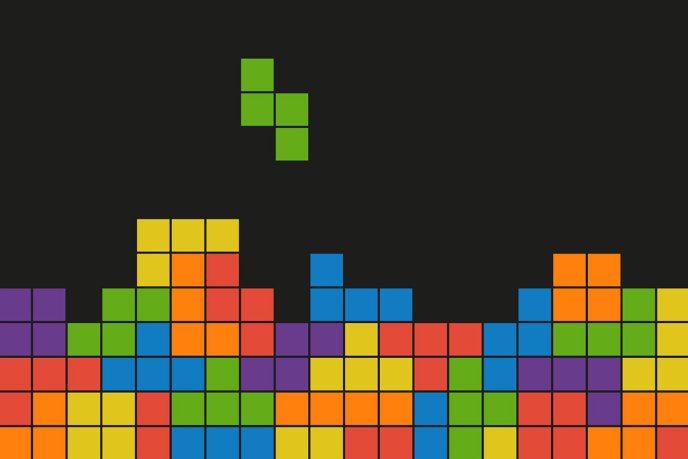The term " random geometry " refers to any process by which a geometric object or families of geometric objects can be constructed at random. A simple process involves randomly assembling basic elements : vertices and edges in the case of random graphs, triangles or squares in certain models of random surfaces, or triangles, " pants " or hyperbolic tetrahedra in the context of hyperbolic geometries. Random graph theory permeates all branches of current mathematics, from the most theoretical (group theory, operator algebras, etc.) to the most applied (modeling communication networks, for example). In mathematics, the probabilistic approach consists in evaluating the probability that a given geometric property will appear : when we don't know whether a theorem is true, we can try to demonstrate that it is true in 99 % of cases.
Another classic method for generating random landscapes is to use random Fourier series, with numerous applications in signal theory or imaging.
In theoretical physics, random geometries are at the heart of quantum gravity theory and other quantum field theories. The various mathematical aspects are curiously intertwined: for example, the Combinatorics of quadrangulations or triangulations appears in the calculation of certain partition functions.
This symposium will offer a non-exhaustive overview of random geometries, covering aspects ranging from the most abstract to concrete applications in imaging and telecommunications.

